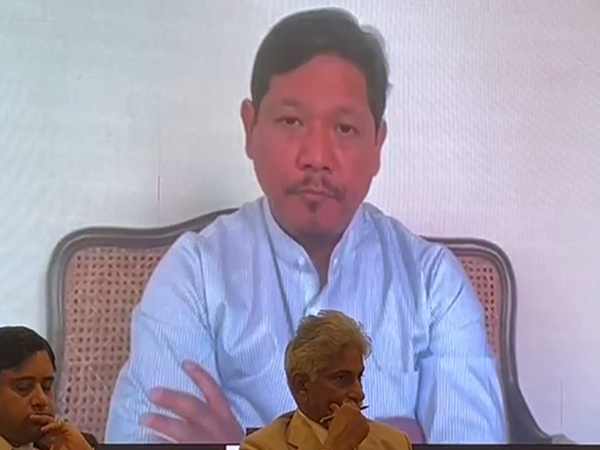"Bangladesh agencies may use Interpol other agencies to arrest Sheikh Hasina," says Crimes Tribunal prosecutor
Oct 17, 2024

By Masud Karim
Dhaka [Bangladesh], October 17 : Bangladesh authorities are considering using Interpol and other international law enforcement agencies to arrest ousted Prime Minister Sheikh Hasina and 45 of her party leaders for alleged crimes against humanity.
Recently, Bangladesh has begun trial against Hasina and her party leaders including Awami League General Secretary Obaidul Quader, issuing arrest warrants in connection with alleged crime against humanity committed during July-August uprising, a prosecutor said on Thursday.
The International Crimes Tribunal (ICT), led by its chairman Justice Md Golam Mortuza Majumdar, passed the order after the prosecution filed two petitions with the tribunal seeking arrest warrant.
"The tribunal has ordered to produce Sheikh Hasina and 45 others after arresting them by November 18", Muhammaf Tajul Islam, Chief Prosecutor of the tribunal, told ANI.
"Law enforcement agencies may use Interpol or other means to make arrests," he added
"If the law enforcing agencies gives a report that the accused are abroad, then we will request the tribunal to give instruction to state to bring back them", Tajul said, stating that the case still in initial stage.
Two months ago, a student-led movement ousted Bangladesh's Prime Minister, Sheikh Hasina, after weeks of protests and clashes that killed over 600 people. Hasina, 76, fled to India on August 5 and an interim government led by Nobel Laureate Muhammad Yunus was formed.
Earlier on August 31, Bangladesh interim government's foreign affairs advisor Mohammed Touhid Hossain, had said that as cases mount against Sheikh Hasina, his country could consider seeking the extradition of the former premier but that would create an "embarrassing situation for the Indian government.
"In an interview to Reuters TV in Dhaka, Hossain said that "since there are so many cases" against Hasina in Bangladesh, the country's home and law ministries could make the request to extradite her.
Sheikh Hasina had resigned from her post of Prime Minister on August 5 and fled to India in a military aircraft, following mounting protests against the contentious government job quota system that had sparked widespread anti-government demonstrations.
The unrest in Bangladesh began with student protests against the country's quota system, which reserved 30 per cent of government jobs for relatives and dependents of freedom fighters . The protests eventually spread, demanding the abolition of the quota system, which was seen as discriminatory and contrary to equal opportunity rights.
Following Hasina's resignation, a caretaker government was formed in Bangladesh, led by Nobel laureate Muhammad Yunus.


















